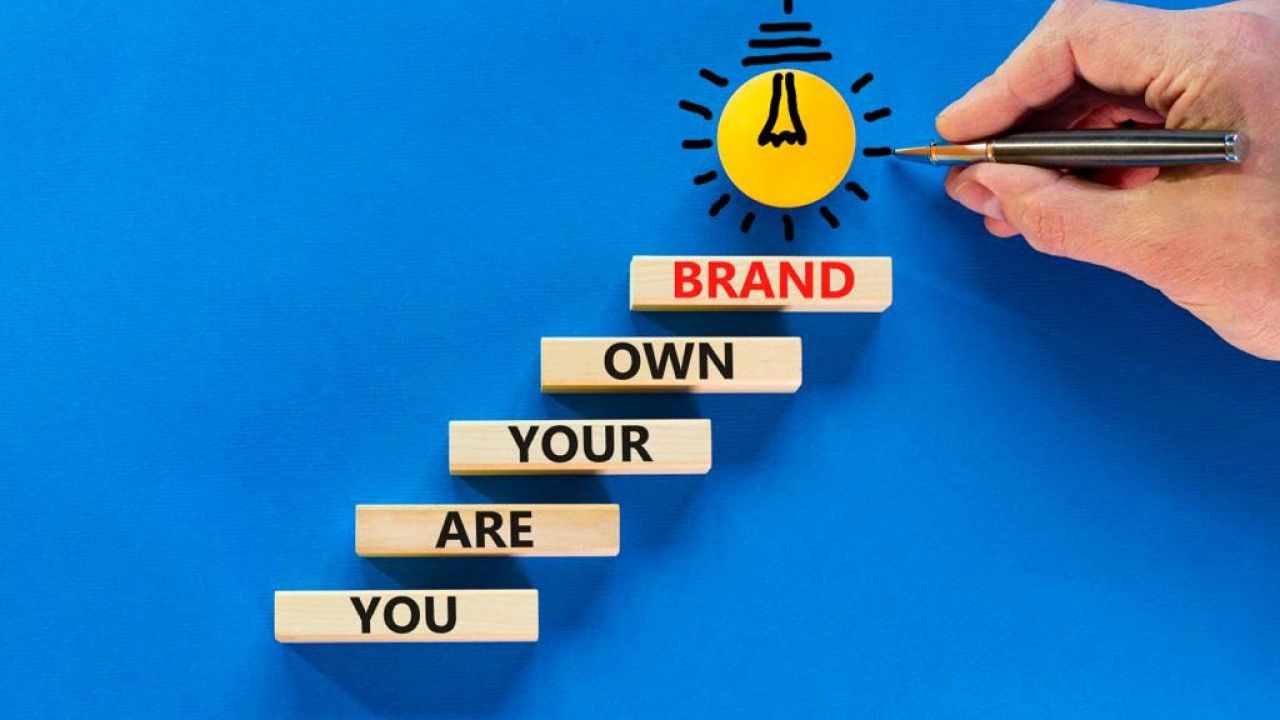New Zealand is rapidly emerging as a global player in the AI sector, with innovative companies spearheading transformative changes across various industries. One of the most significant areas of impact is healthcare, where AI technologies are revolutionizing patient care, diagnostics, and operational efficiencies. This article delves into how a New Zealand AI company is at the forefront of these changes, reshaping the healthcare landscape with cutting-edge solutions.
Introduction: The AI Revolution in New Zealand's Healthcare Sector
Imagine a world where AI algorithms can diagnose diseases more accurately than human doctors, where patient care is personalized and proactive, and where healthcare costs are significantly reduced. This isn't science fiction; it's the reality New Zealand is approaching, thanks to pioneering AI companies. In a country known for its innovative spirit and robust healthcare system, AI is becoming an indispensable tool for addressing both present and future challenges.
According to a report from Stats NZ, the healthcare sector is one of the fastest-growing segments in the New Zealand economy, contributing significantly to GDP. With an aging population and rising healthcare costs, there is an urgent need for innovative solutions. AI offers promising prospects, as evidenced by a study from the Ministry of Business, Innovation & Employment, which projects a 15% increase in healthcare efficiency through AI integration by 2025.
But how exactly is AI reshaping healthcare in New Zealand, and what does this mean for businesses and patients alike? In this article, we explore these questions through case studies, expert insights, and a deep dive into the current and future state of AI in healthcare.
Case Study: Aotearoa AI - Transforming Patient Diagnostics
Problem
Aotearoa AI, a Wellington-based AI startup, faced the challenge of improving diagnostic accuracy in healthcare facilities. Traditional diagnostic methods were often slow and prone to human error, causing delays in treatment and increasing the risk of complications.
Action
To address this, Aotearoa AI developed an AI-powered diagnostic tool using machine learning algorithms to analyze medical images with high precision. This tool was integrated into several hospitals across New Zealand as a pilot project.
Result
Within six months, the hospitals reported a 30% reduction in diagnostic errors and a 25% increase in the speed of diagnosis, significantly enhancing patient outcomes. This success has led to plans for a nationwide rollout, with potential savings of over NZD 500 million annually in healthcare costs.
Takeaway
This case study illustrates the transformative potential of AI in healthcare diagnostics. By leveraging AI, New Zealand's healthcare providers can improve accuracy, reduce costs, and enhance patient care, setting a blueprint for other industries to follow.
AI and the New Zealand Economy: A Symbiotic Relationship
AI's impact on healthcare is a microcosm of its broader influence on the New Zealand economy. As AI technologies mature, they are expected to drive significant economic growth, creating new industries and job opportunities. According to a report by NZTech, AI could contribute up to NZD 54 billion to the economy by 2030, with healthcare being a major beneficiary.
However, this growth isn't without challenges. Privacy concerns, regulatory hurdles, and the need for skilled AI professionals are significant obstacles that need addressing. The Reserve Bank of New Zealand highlights the importance of balancing innovation with responsible oversight to ensure sustainable growth.
Pros and Cons of AI in Healthcare
Pros
- Enhanced Diagnostics: AI improves accuracy, reducing errors and enabling early disease detection.
- Cost Efficiency: Automating routine tasks reduces operational costs, allowing more funds for patient care.
- Personalized Treatment: AI algorithms tailor treatments to individual patients, improving outcomes.
- Scalability: AI solutions can be easily scaled across healthcare facilities, enhancing reach and impact.
- Data-Driven Insights: AI processes vast amounts of data to identify trends and inform decision-making.
Cons
- Privacy Concerns: The use of patient data raises significant privacy and security issues.
- Implementation Costs: Initial investment in AI technology can be prohibitive for smaller facilities.
- Regulatory Challenges: Navigating healthcare regulations can delay AI deployment.
- Job Displacement: Automation of routine tasks may lead to job losses in certain sectors.
- Dependence on Technology: Over-reliance on AI could reduce critical thinking among healthcare professionals.
Debunking Myths: AI in Healthcare
- Myth: AI will replace doctors.
- Reality: AI is a tool to augment, not replace, human expertise, enabling doctors to focus on complex cases.
- Myth: AI is too expensive for widespread use.
- Reality: While initial costs are high, AI's long-term savings and efficiencies outweigh these expenses.
- Myth: AI lacks the empathy required in healthcare.
- Reality: AI handles data and routine tasks, allowing healthcare professionals to dedicate more time to patient interaction.
Future Trends: AI's Next Frontier in New Zealand Healthcare
Looking ahead, AI's role in healthcare will expand, driven by technological advancements and increasing demand for efficient healthcare solutions. According to a McKinsey report, AI could automate up to 50% of healthcare processes by 2030, vastly improving efficiency and patient care quality.
New Zealand is well-positioned to lead this change, leveraging its robust tech ecosystem and commitment to innovation. As AI technologies become more sophisticated, we can expect developments such as AI-driven predictive analytics for disease prevention, robotic surgery, and enhanced patient monitoring systems.
Conclusion: Embracing AI's Potential
As New Zealand continues to harness AI's potential in healthcare, the benefits are clear: improved patient outcomes, reduced costs, and a more efficient healthcare system. However, realizing these benefits requires addressing privacy concerns, investing in AI education and training, and fostering a regulatory environment that encourages innovation.
For corporate lawyers and businesses, the implications of AI in healthcare present both opportunities and challenges. Navigating this landscape requires a keen understanding of the legal and ethical considerations surrounding AI deployment. As AI technologies evolve, staying informed and engaged will be crucial to leveraging their full potential.
Are you ready to be a part of this exciting journey? Share your thoughts and insights on how AI is transforming healthcare in New Zealand below!
People Also Ask
- How is AI revolutionizing healthcare in New Zealand? AI is enhancing diagnostics, reducing costs, and personalizing patient care, contributing significantly to healthcare efficiency.
- What are the biggest misconceptions about AI in healthcare? Many believe AI will replace doctors, but it is designed to augment human expertise and improve healthcare delivery.
- What are the best strategies for implementing AI in healthcare? Start with pilot projects, ensure data privacy compliance, and invest in training healthcare professionals to work alongside AI technologies.
- What upcoming changes in New Zealand could affect AI in healthcare? By 2026, policy updates could enhance AI integration, driving further innovation and efficiency in healthcare delivery.
- Who benefits the most from AI in healthcare? Patients, healthcare providers, and the economy benefit from AI's ability to improve care quality and reduce costs.
Related Search Queries
- AI healthcare companies in New Zealand
- Impact of AI on New Zealand's economy
- AI diagnostics tools in healthcare
- Future of AI in healthcare
- AI-driven personalized medicine
- AI and patient privacy concerns
- AI healthcare regulations in New Zealand
- AI technology investment in healthcare
- AI-powered predictive analytics in healthcare
- AI innovation in New Zealand































